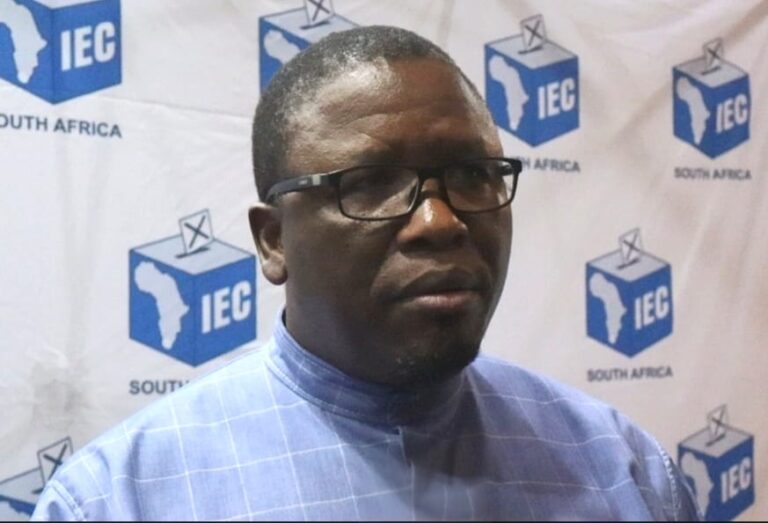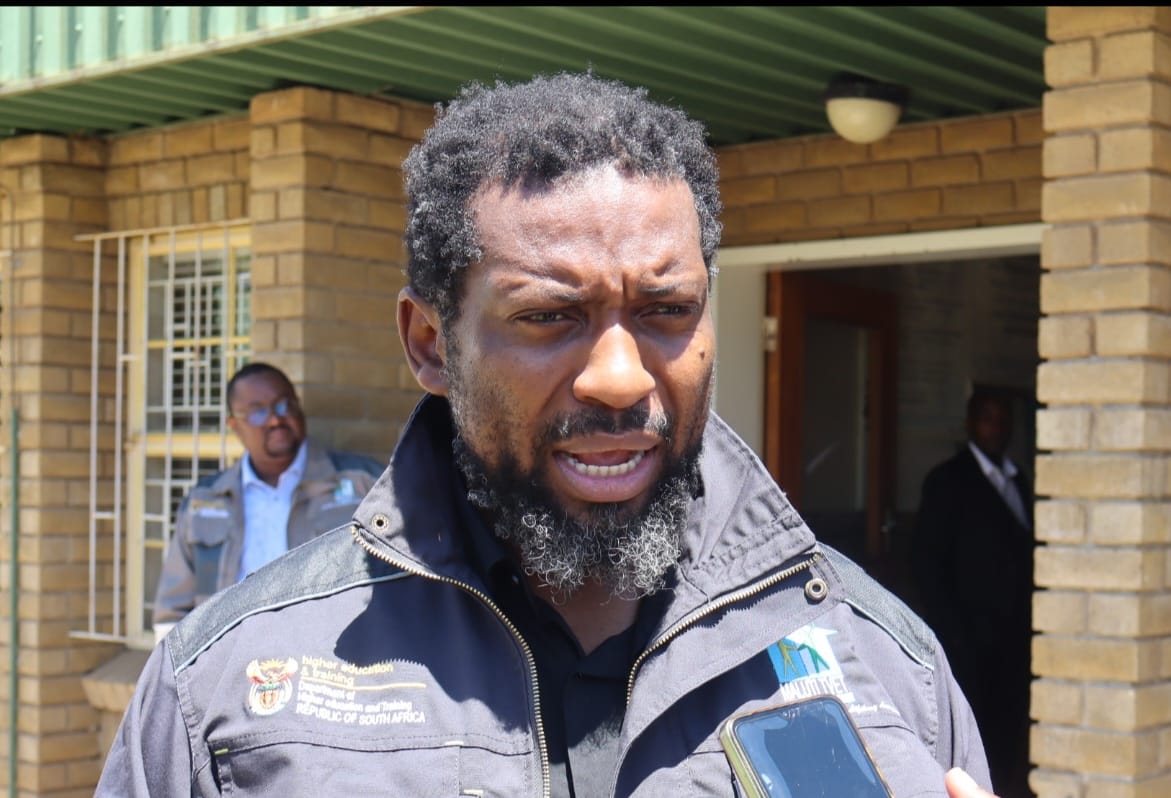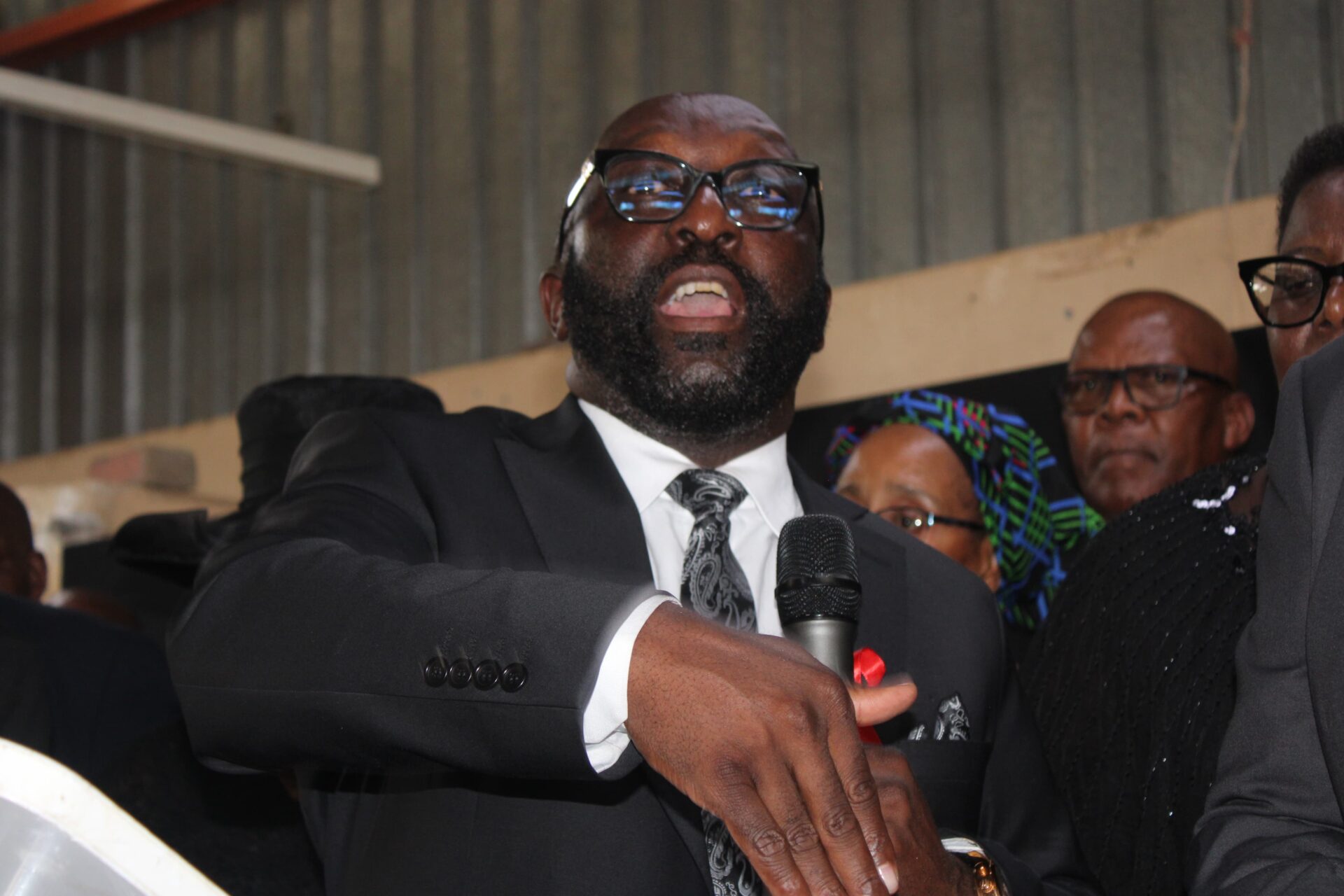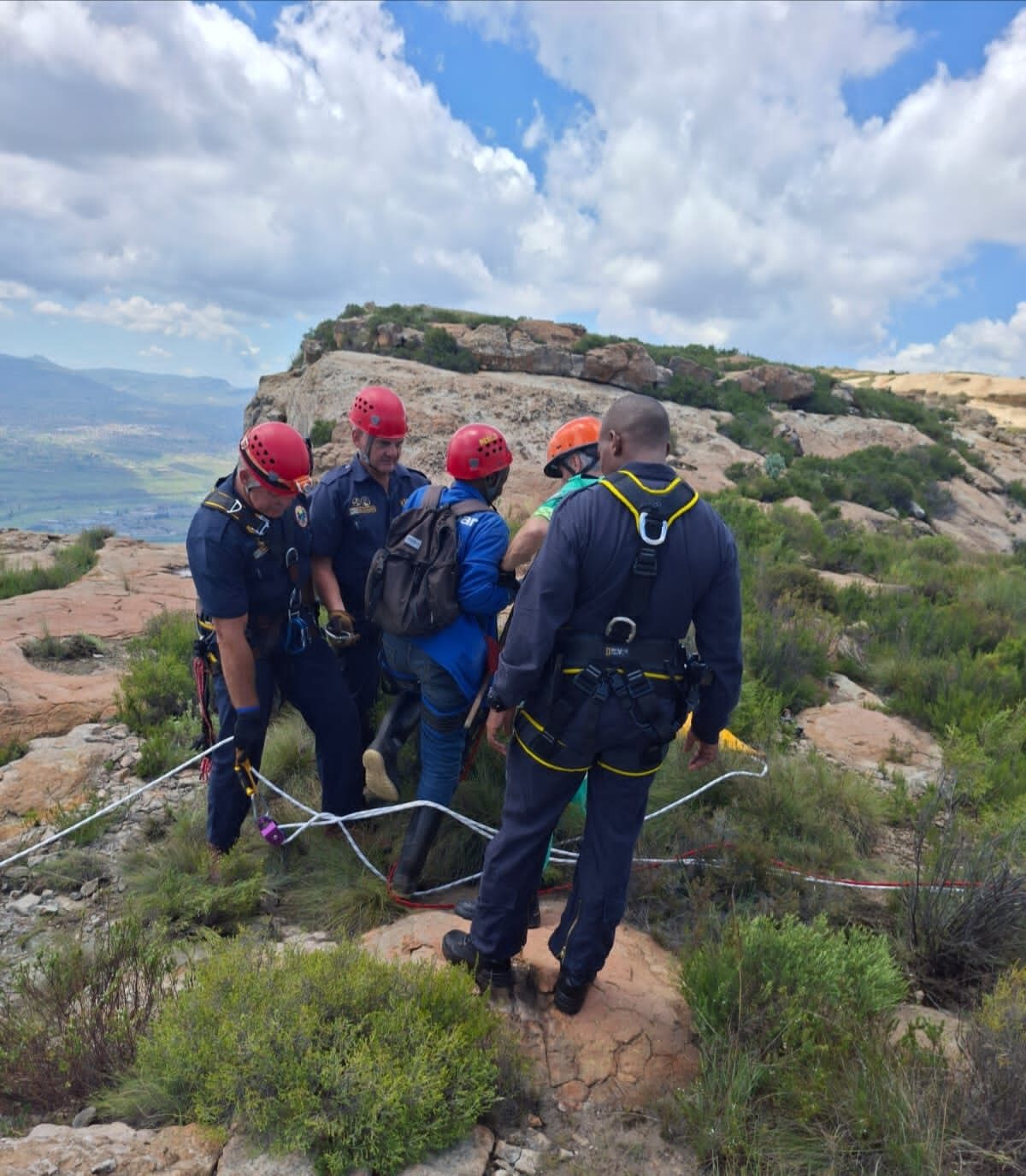By Staff Reporter
QWAQWA – The brutal murder of 30-year-old postgraduate student Olorato Mongale in Johannesburg has once again brought South Africa’s femicide crisis into sharp focus, igniting widespread outrage and demands for systemic change.Olorato was killed during a first date with a man she had recently met. Her body was found in Lombardy West, less than two hours after he picked her up.
Despite taking precautions, such as sharing her live location with friends, her tragic death highlights a sobering truth: no amount of vigilance can guarantee safety in a country where violence against women has become both pervasive and normalized.
Bonolo Mahlatsi, Senior Student Experience Officer at the University of the Free State and a master’s graduate in Sociology, says Mongale’s death underscores the deep-rooted and systemic nature of gender-based violence (GBV) in South Africa. “The epidemic of femicide in South Africa is misogyny amplified, normalized, and reproduced,” Mahlatsi said. “It has become normal for women to be violated and ostracised while already being vulnerable.”
The public response to Mongale’s death has further exposed societal failures. Social media platforms were flooded with victim-blaming commentary, questioning her choices and implying she was somehow responsible for her fate. Such narratives not only shift focus from the perpetrators but also reinforce a culture in which women’s safety is conditional on their behaviour, rather than guaranteed as a right.
Mahlatsi stresses the urgent need to change the discourse.“Women are constantly advised to avoid becoming victims – don’t walk alone at night, don’t wear short skirts – but such warnings are not equally directed at men. We rarely hear, ‘Don’t assault women,’” she said.
As the country approaches Women’s Month and the 16 Days of Activism for No Violence Against Women and Children, Mahlatsi is calling for tangible and sustained action from government departments and parliamentary committees. She urges the Department of Women, Youth and Persons with Disabilities, along with the Portfolio Committee on Women, to adopt a more decisive and hands-on approach in addressing the persistent scourge of GBV and femicide.
“Until that happens, South African women will continue to live in fear. We are being failed—and that is appalling,” Mahlatsi said. “Do we deserve to be treated like we are sub-human?”
Olorato Mongale’s death is not an isolated incident. It is a devastating symptom of a broader national emergency that demands immediate and unrelenting action to protect women and hold perpetrators accountable.



















